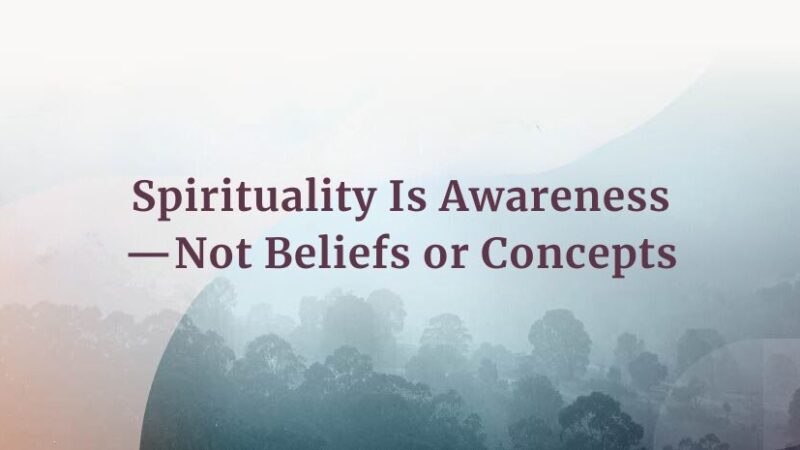Resolving Anxiety at its Root, Part 2
Tami Simon speaks with Dr. Friedemann Schaub, author of the Sounds True book The Fear and Anxiety Solution. Dr. Schaub’s breakthrough method of self-empowerment combines his medical expertise with Neuro-Linguistic Programming, Time Line Therapy™, and clinical hypnotherapy and has helped thousands overcome persistent fear, anxiety, depression, and other chronic issues. In this second half of their two-part conversation, Tami and Friedemann discuss cellular memory, our “blueprint for wholeness,” and how to root ourselves in our essence instead of continual, low-level anxiety. They also discuss the inner protector at the root of our negative self-talk and a “Parts Reintegration Process” for working with this inner protector. (62 minutes)



